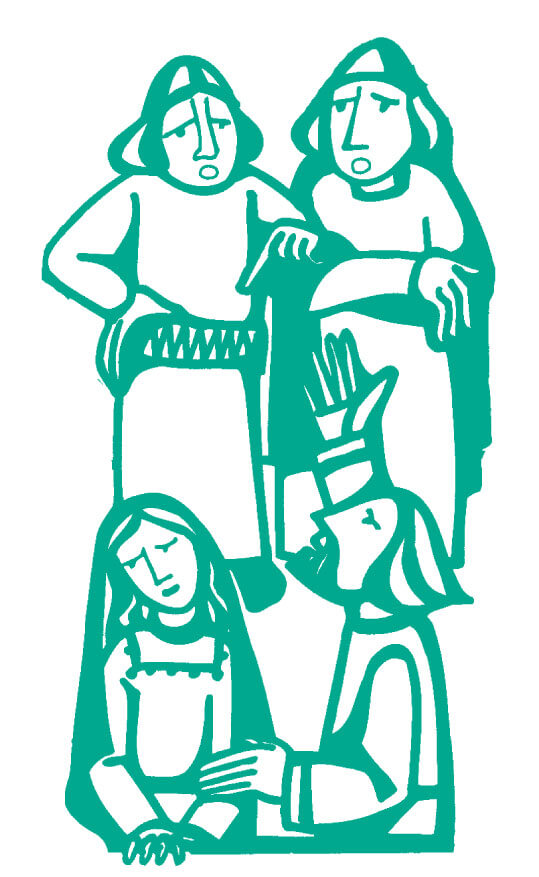
Sunday Readings: Isaiah 43.16-21; Philippians 3.8-14; John 8.1-8
The scribes and Pharisees brought a woman who had been caught in adultery and made her stand in the middle. “Teacher, this woman has been caught in the act of adultery. In the law, Moses commanded such women to be stoned. What do you have to say about the case?” . . . When they persisted in their questioning, Jesus stood up and said to them, “Let anyone among you who is without sin cast the first stone at her” (John 8.3, 5, 7).
Sunday’s gospel fits the #MeToo movement. Unwanted sexual advances are what #MeToo aims to stop, employment cultures in which bosses expect sexual favors or flavor the office with their advances. Today no means no. The #MeToo movement has led many women to tell their stories of sexual assault and rape in an effort to end them.
The gospel story is not about the woman dragged and humiliated before this impromptu tribunal — not until the end. She endures public shame among the crowds in the temple courtyards until the men who accuse her slink away. When Jesus turns to the woman and their encounter begins, he assures her he is not one of her accusers. Perhaps she recovers a little dignity as he speaks to her respectfully. He empathizes with her, caught and shamed in a trap set for him. Jesus does not judge her but challenges her to sin no more. He treats her as a person with the power to choose and act.
By standing with her, Jesus counters those who make her a spectacle. But what about the crowd? What can the woman do to find belonging in the community again? Can she go back to her husband? Her children? What will neighbors say who know her probable guilt? Accepting the person requires remembering our own experiences of feeling hurt and shame and putting our stones away.
What do you think the woman would say if she had voice in the scene? How do you treat those you must forgive? How have you been treated when you needed forgiveness?